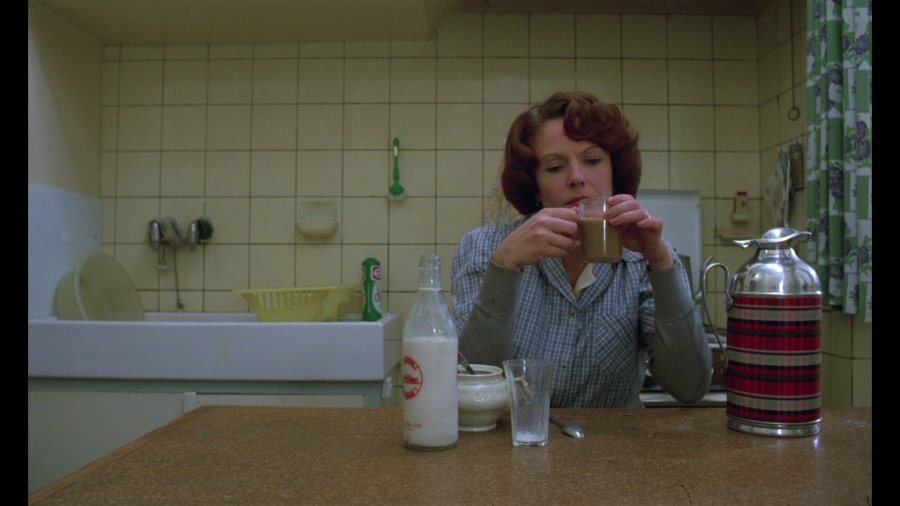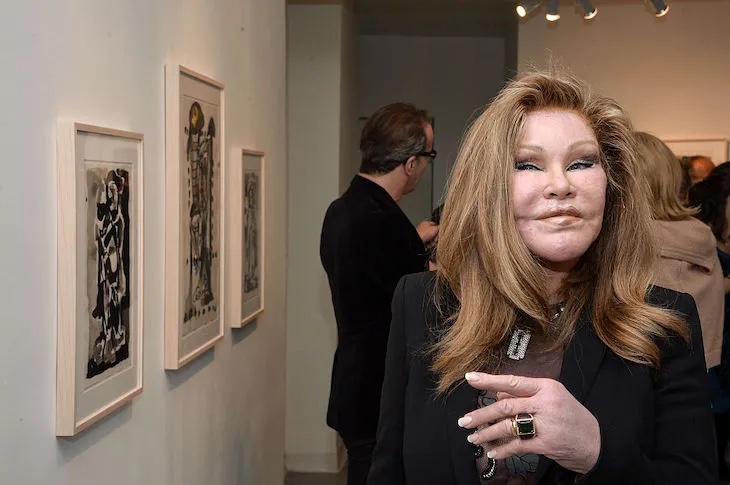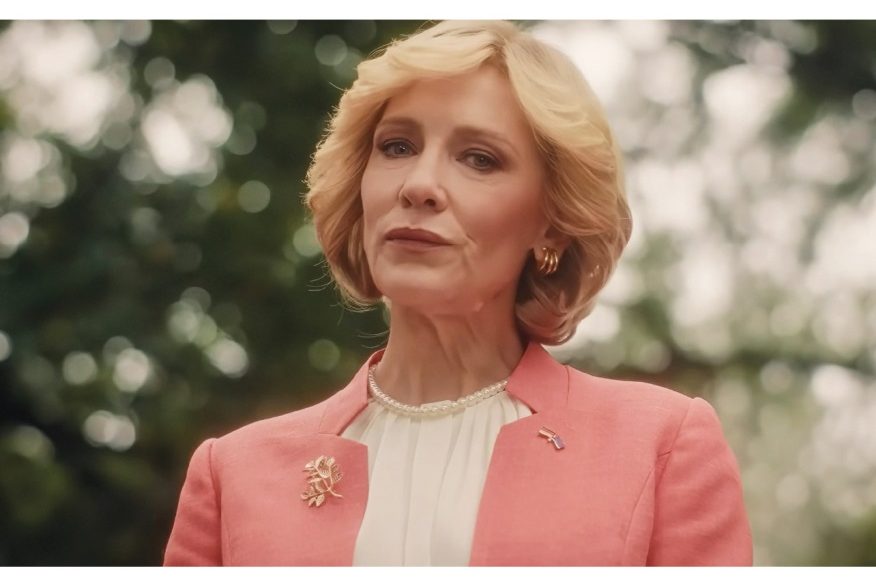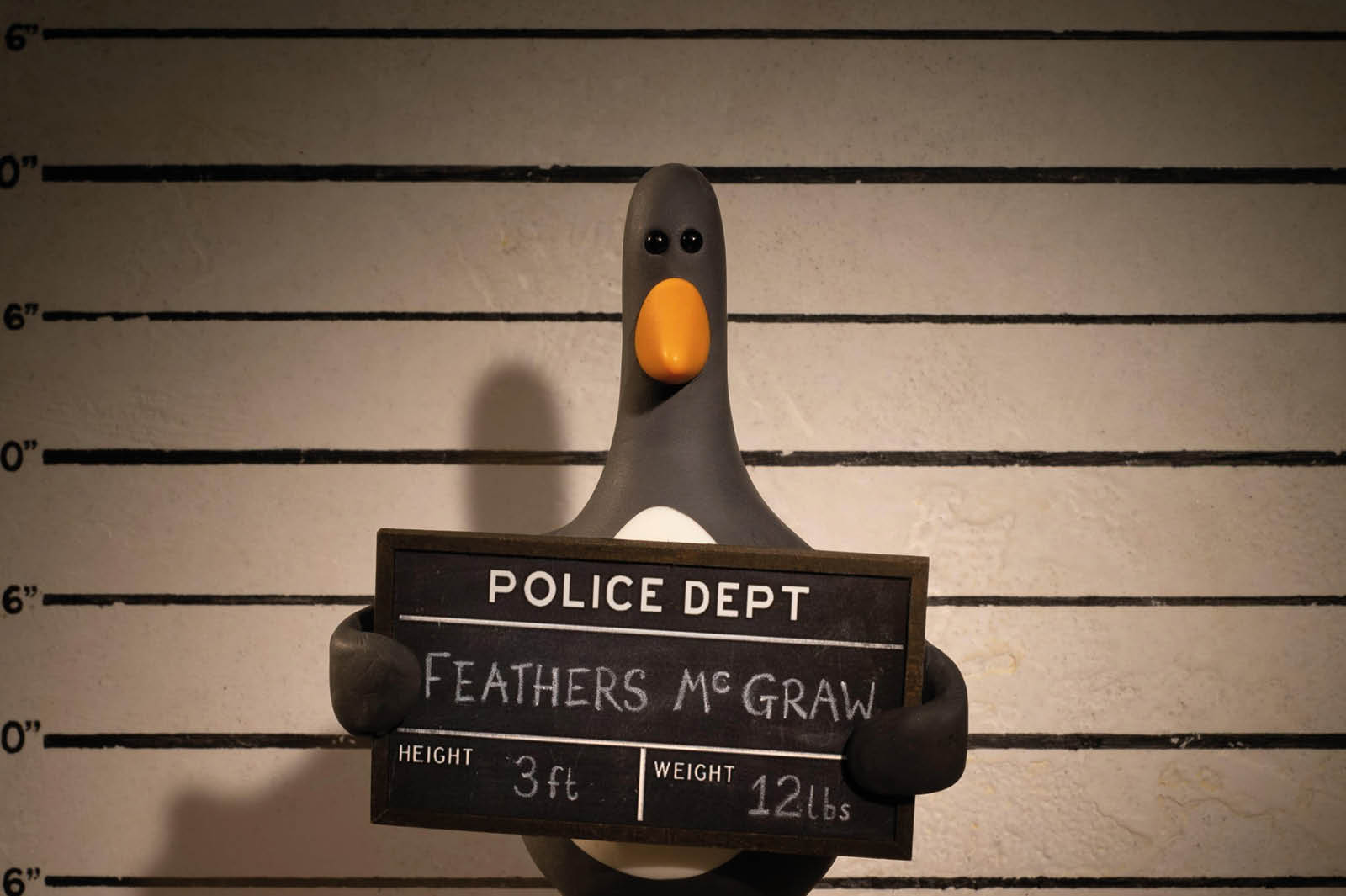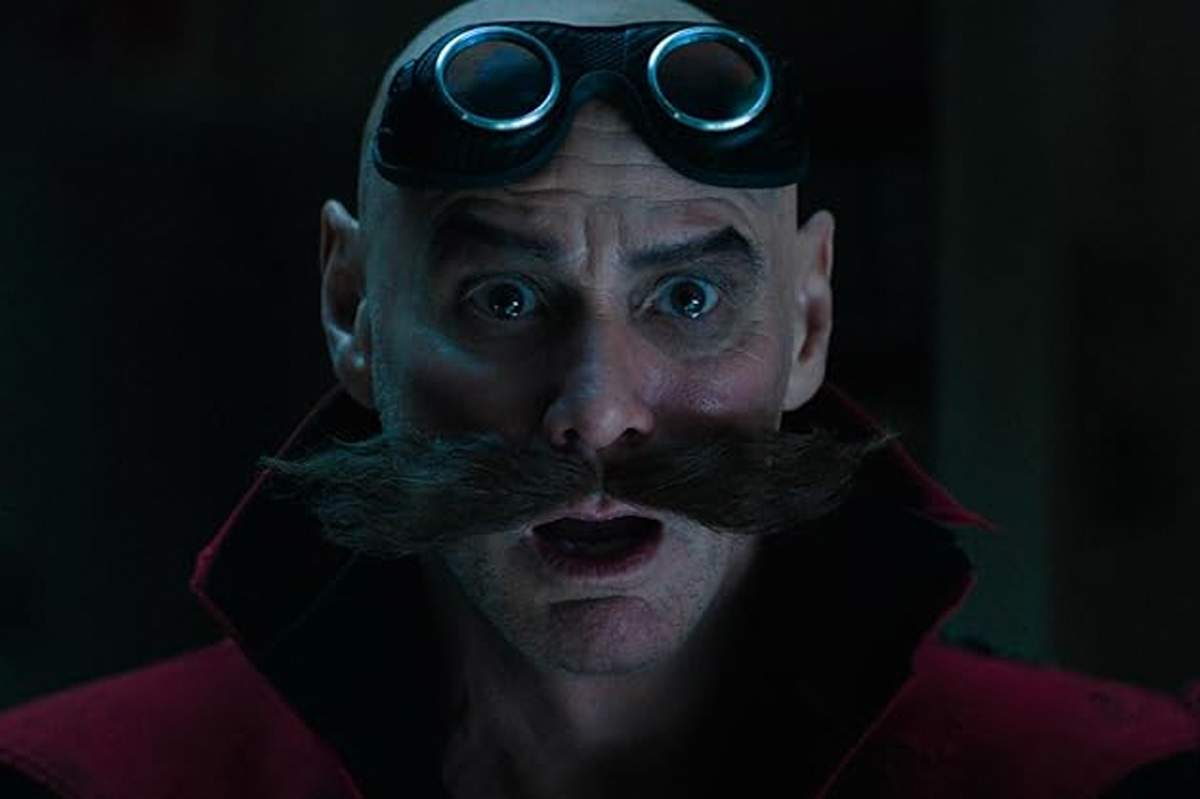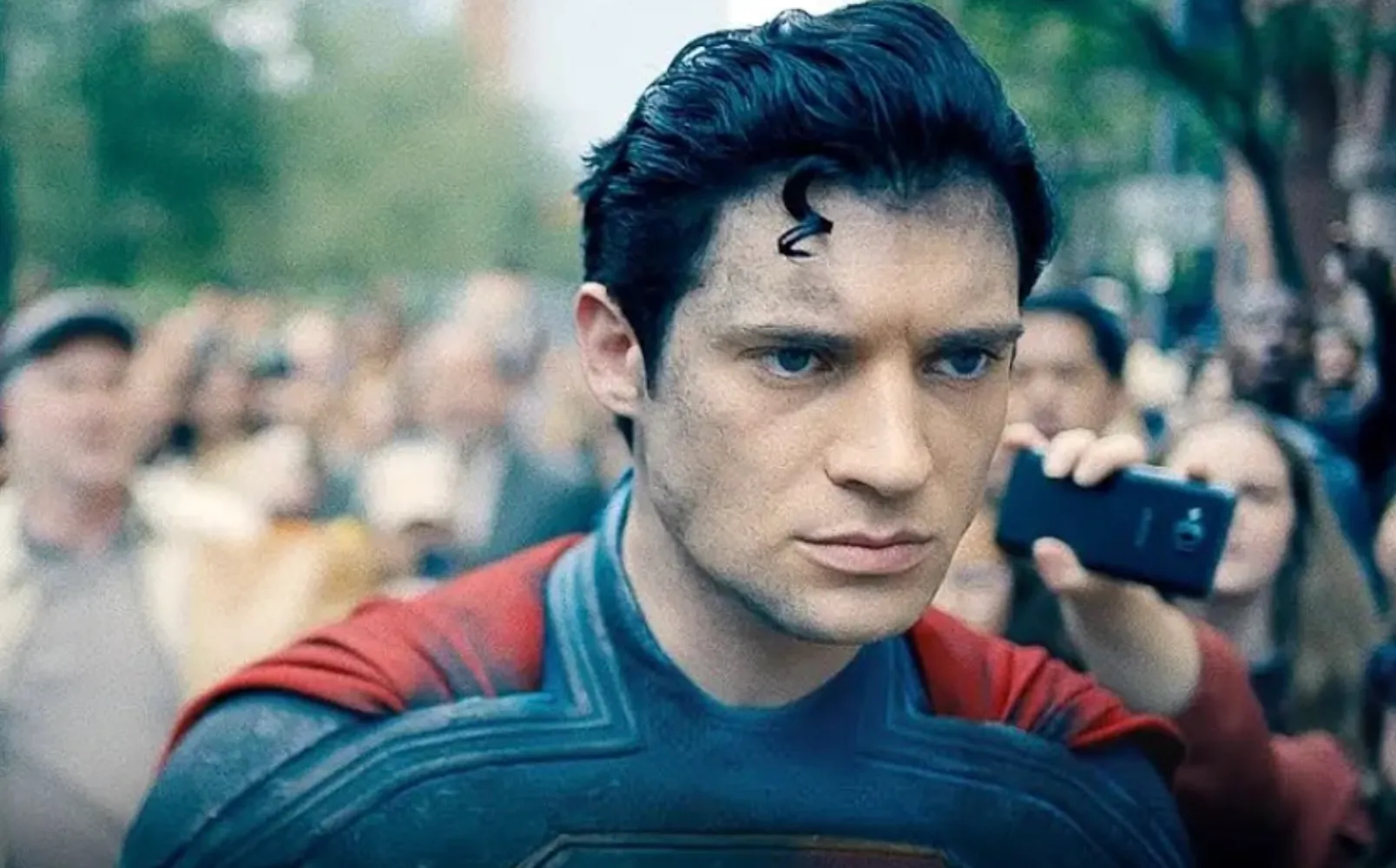As a film critic and historian who’s written for Sight and Sound since 2011, I like to think that the greatest films of all time are always on my mind, but, in truth, they were particularly on my mind last summer.
Last July, I received the official word that I was among the select group of critics picked to partake the Sight and Sound critics’ poll to decide the greatest films ever made; a survey the British magazine first convened in 1952 and has repeated on a once-per-decade basis ever since. In the weeks before my deadline to vote, I meditated on what constituted a great film with unusual intensity and self-reflection.
Among cinephiles, the Sight and Sound poll has the significance of a presidential election: both events involve mass voting, angry differences of opinion and controversial outcomes. But recently, I’ve begun to think the survey is more akin to a conclave tasked with choosing a new pope. True, the College of Cardinals is a relatively small body next to the more than 1,600 critics, academics and other cinema experts who voted in this year’s poll — and, unlike the cardinals who gather at the Vatican, we vote independent of one another — but we regard our job with a similar sense of seriousness.
Taken in toto, Sight and Sound’s polls are invaluable records of the preferences among those who make their living thinking about movies during any given decade: The top ten in 1952 included six silent pictures (including two by Chaplin), one mostly nonfiction film (Robert Flaherty’s Louisiana Story) and the preeminent example of Italian neorealism (Vittorio De Sica’s Bicycle Thieves).
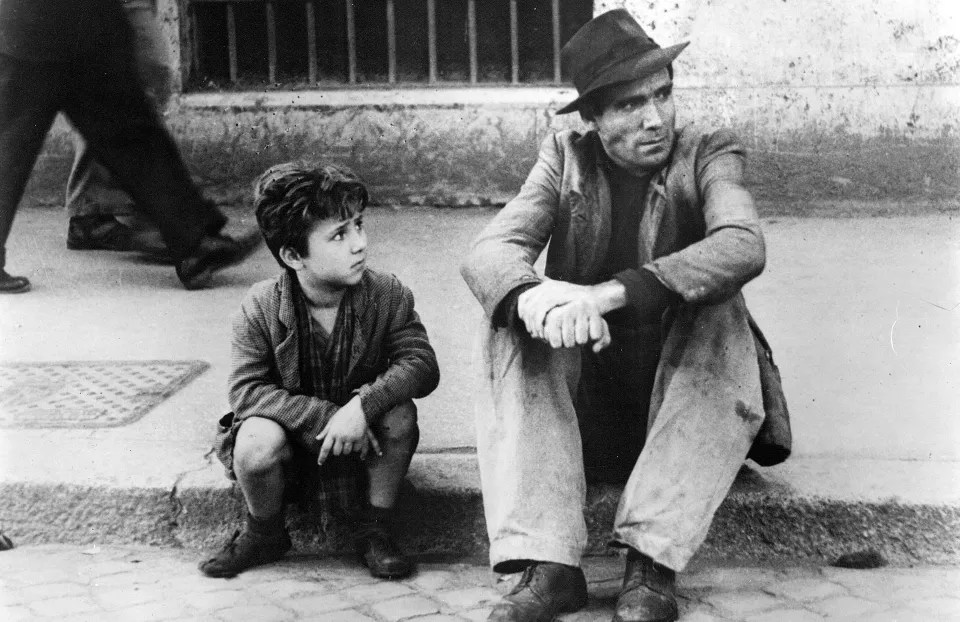
That year, Citizen Kane did not garner sufficient votes to make the top ten, but a decade later, Orson Welles’s masterpiece had catapulted to number-one; Bicycle Thieves had tumbled to the bottom half of the top ten, and Chaplin had, for the time being, disappeared from the top ten.
Later polls showed a bit more constancy: Citizen Kane held strong in the polls taken in 1972, 1982, 1992 and 2002. During most of those years, a fairly predictable mix of favorites tended to appear and reappear in the top ten, including Hitchcock’s Vertigo.
Yet just as the cardinals sometimes make an unexpected pick — a John XXIII who inaugurates the Second Vatican Council — the critics in recent years have gotten antsy: In 2012, Vertigo was the surprise top pick over Citizen Kane — a cataclysmic changing of the guard at the time.
This year, the critics emerged to pull off the film nerd equivalent of a revolution: Chantal Akerman’s feminist drama Jeanne Dielman, 23 quai du Commerce, 1080 Bruxelles — which, in 2012, garnered enough votes to rank thirty-sixth on the full list of 100 films — sailed past the competition to claim the title of all-time best. Vertigo moved down a spot, while Citizen Kane was relegated to third.
Jeanne Dielman is far from the only shocking choice or omission. Besides the absence of D.W. Griffith, Howard Hawks, Frank Capra or Josef von Sternberg — each among the indisputable pioneers of the medium — the top ten is heavy with movies made in the last quarter century.
Now, I saw Beau Travail (1998), In the Mood for Love (2000), and Mulholland Drive (2001) when they were first released, and what can I say? Each was good, one became a bit of a favorite (Mulholland Drive) — but none changed my life.
Similarly, Jeanne Dielman is a fine film, but the notion that it is the summit of film art seems perverse at best and special pleading at worst. We can celebrate the work of great female directors — from Ida Lupino to Elaine May to Joan Micklin Silver — without insisting that Akerman’s film is superior to literally every other film in history.
A few days after the poll results were published, I was ready to cobble together my own list consisting entirely of old-time canonical favorites. But then I remembered: I had already composed a list for the poll, of course, and it was far from anyone’s idea of canonical. In a way, I was no different from my peers.
In fact, my list was decidedly idiosyncratic. Last summer, my weeks of deliberation produced ten films that reflected various pet causes, private agendas and sometimes even sentimental notions. Not anticipating the emerging popularity of Jeanne Dielman, I was certain that Vertigo would again top the list, so why did it need my vote? Instead, I selected another Hitchcock film — one even more psychologically probing and stylishly filmed than Vertigo, the controversial masterpiece Marnie. By the same token, I knew that one little vote for Citizen Kane would not help the film reclaim its former status, so I chose what I regard as Welles’s greatest middle-period work, Touch of Evil.
But had I contributed to the depreciation of Citizen Kane?
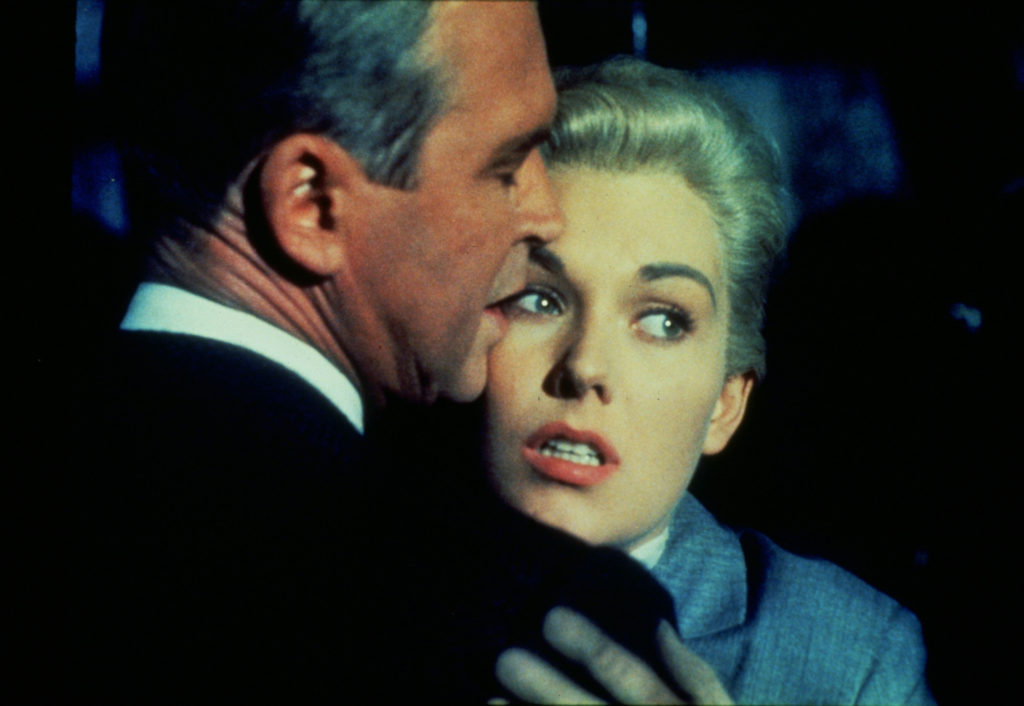
My belief in mise-en-scene over montage — for long takes over quick cutting — was reflected in my selection of Otto Preminger’s Bunny Lake Is Missing, and, during an age in which masculinity often seems derided, I decided to embrace the brawling, rough-hewn cinema of Ford and Hawks with two of their most over-the-top paeans to traditional manliness: Donovan’s Reef, starring John Wayne, and Red Line 7000, with James Caan. I too was contrarian in my selections — maybe a little outrageous. This same taste for outrageousness informed my selection of the inimitable Robert Aldrich’s final film, the female wrestling extravaganza All the Marbles, starring Peter Falk as the manager of the “California Dolls” — a truly remarkable film, acted like a comedy but infused with a remarkable degree of tenderness.
I strove to balance these admittedly extreme picks with examples of gentler tendencies in cinema, including Ernst Lubitsch’s kindly comedy The Shop Around the Corner and Leo McCarey’s humane exegesis on Good Samaritanism Good Sam, and two of my choices paid homage to directors I knew well who died in the last year: Peter Bogdanovich’s They All Laughed and Bob Rafelson’s The Postman Always Rings Twice.
What was I trying to say in producing a list many might regard as rather crazy? I was simply trying to construct a top ten that reflected my personality and preferences — and, upon reflection, I have no doubt that the voters who chose Jeanne Dielman were doing the same. Their priorities are not mine, and mine not theirs, but that is what makes polls such as these worth reading: for the arguments they stir.
Let the voters have their Jeanne Dielman — just as long as I can have all my Marbles. The end.



